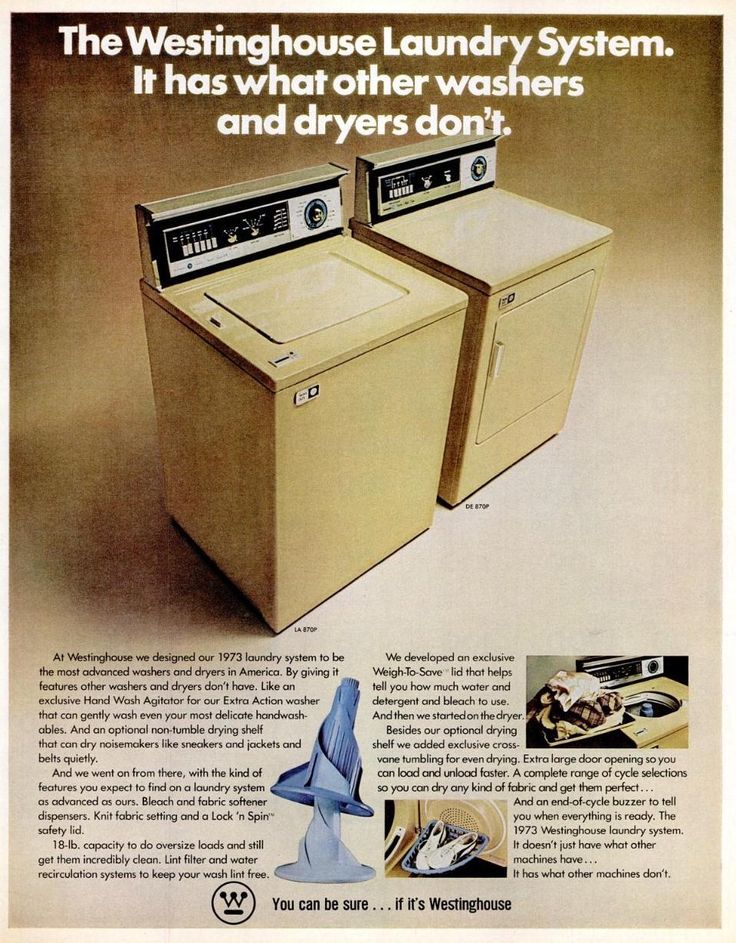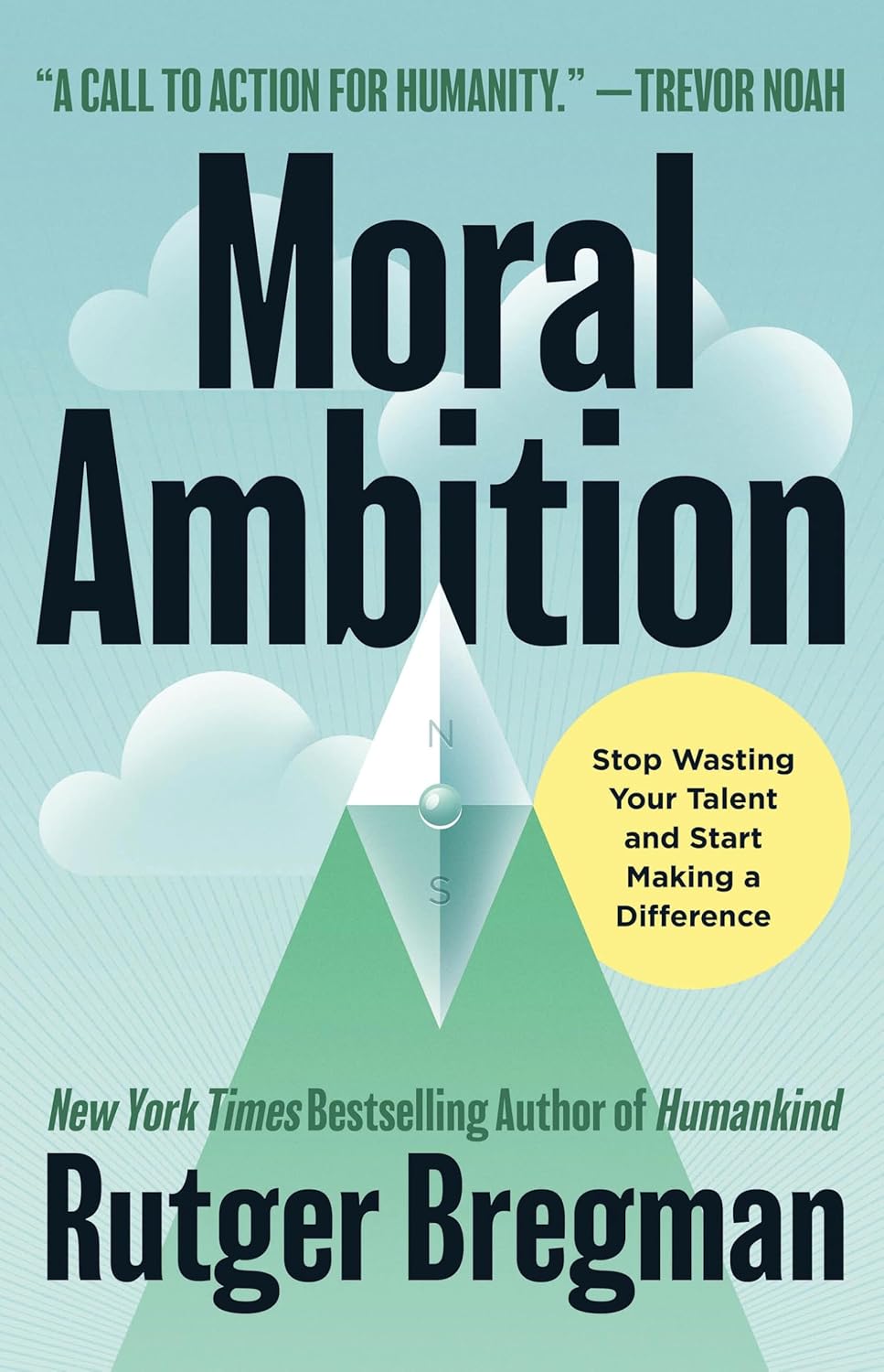How the Washing Machine Quietly Redefined Freedom and Progress
How the Washing Machine Quietly Redefined Freedom and Progress
In 1900, the average woman spent 58 hours a week cooking, cleaning, and doing laundry.
That’s two and a half full days. Every single week.
Think about that for a second—fifty-eight hours of unpaid, invisible labor that kept households running but left little time for anything else: education, leisure, community, or career.
Then came technology. Refrigerators, washing machines, and dishwashers quietly entered homes. They didn’t make headlines or win awards, but they reshaped life in ways few could have imagined.
By 1975, the time women spent on housework dropped to 18 hours a week. That’s 40 hours of life given back. A full workweek—FREEDOM. It’s all very Braveheart.

When I read that in Moral Ambition, the latest book from bestselling author and Dutch historian Rutger Bregman, I literally sat up in bed and took a picture of it on my phone. We often celebrate big social movements, but rarely do we recognize how technology quietly gave us more of that freedom.
The washing machine didn’t give a speech or march for rights, yet it played a part in expanding them. Feminist writer Helen Lewis once said her hero might be the washing machine.
Those 40 freed hours helped women pursue education, careers, and creative ambitions. Progress wasn’t only about changing laws or attitudes—it was also about changing who had time to think, learn, and build.
Reading Moral Ambition made me wonder: what ideas are we building today that give people back their most precious resource—time?
Not the “hustle harder” kind of time, but real time. Time to think. Time to connect. Time to rest. It doesn’t take a genius to know—and it’s been said enough already—but AI is the next washing machine.
On paper, that might not sound exciting—and I’m sure Sam Altman isn’t fond of my comparison—but it’s true.
Maybe it’s AI automating repetitive tasks. Maybe it’s better systems at work that cut meetings in half. Maybe it’s rethinking how we use our phones or organize our communities.
Whatever form it takes, innovations that restore time change lives.

In Moral Ambition, Bregman argues that ambition doesn’t have to be about personal success. It can be about moral progress—the drive to do good at scale. He writes about people who use their ambition to solve hard problems and improve human life.
The book challenges you to rethink what meaningful work looks like. After all, someone had to imagine the first washing machine. Someone had to see drudgery and think, there has to be a better way.
That mindset—seeing time not as something to manage, but as something to give back—is the kind of ambition the world needs more of.
When we think about world-changing inventions, we picture rockets, smartphones, or vaccines. But sometimes progress looks like a simple metal drum spinning in a basement.
The washing machine didn’t just clean clothes. It changed how people lived, loved, and worked. It was a quiet revolution powered by practicality. And that’s what makes it so powerful.
Because when you give someone their time back, you give them freedom. Freedom to think differently. Freedom to dream. Freedom to live.

Here’s what I’m left with: the next “washing machine moment” might not look like a gadget at all. It might be a new process, a smarter system, or even a mindset shift that frees people from unnecessary work.
So ask yourself: what are you working on that could give someone their time back? If you’re drawn to ideas that challenge your perspective and remind you how progress really happens, Moral Ambition is worth reading. It’s a sharp, hopeful look at how innovation and ethics intersect—and how small changes can add up to big human gains.
And if you ever need a reminder that technology can serve humanity, look no further than your laundry room.